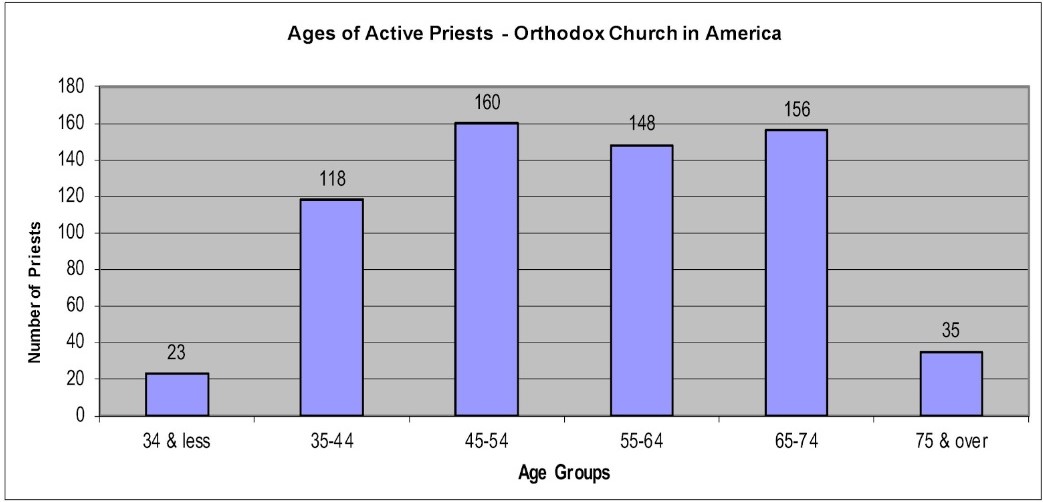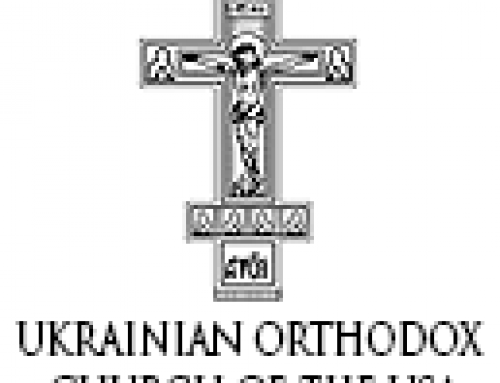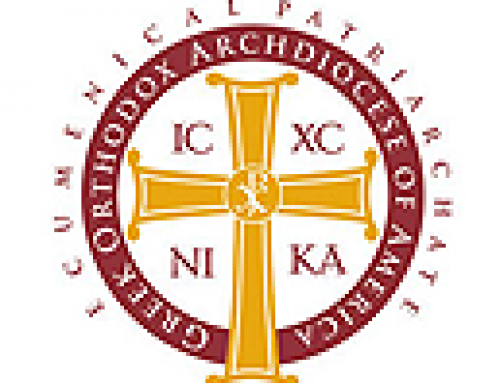This post was originally published on this site
In Of What Life Do We Speak?, His Beatitude Metropolitan Tikhon speaks of vocation as part of the first of the four pillars for the fulfillment of the apostolic work of the Church. He notes that “The pastoral ministry of our clergy has been made more difficult by the many burdens and requirements placed upon them by the changing realities of the world.” In this awareness, our seminaries strive to train and form our future leaders providing excellent education that enables them to face these changing realities.
Taking a step back, however, reveals that the Church is facing today a major challenge commonly referred to as a priest shortage. The Chancellor of the Orthodox Church in America, with the blessing of His Beatitude Metropolitan Tikhon, directed the members of his Office to investigate the current state of affairs in our parishes and analyze data across all the Dioceses. The data itself has been drawn from diocesan reports, which Dioceses prepare and submit annually for the regular Spring Session of the Holy Synod. The results not only reflect the current situation, but also provide insights into what lies ahead in the coming years.
The unit of analysis was active priests for 2020, that is priests who are currently in charge of parishes serving as priests-in-charge, acting rectors, or rectors. The number of priests currently in charge of parishes in the Orthodox Church in America is 640. As the graph below shows, the priests were subdivided into six age groups. What is immediately noticeable is that a total of 191 priests (156+35) are presently serving in post-retirement age. This number represents 30% of all priests.

Another noteworthy data point is the number of priests who are drawing close to retirement age, age group 55-64. The total number of priests serving in that age group and that will enter retirement age in 5-10 years is 148, or 23% of the entire number of active priests. Meanwhile, we note that priests below the age of 44 are only 141, that is 22% of the total number.
There are currently 36 Master of Divinity students from the Orthodox Church in America enrolled at Saint Vladimir’s and Saint Tikhon’s Seminaries, and who will graduate over the next three years. That is an average of 12 potential priests per year. This rate is, therefore, insufficiently meeting the urgent priest shortage the Church is already experiencing today. If the enrollment at our seminaries remains steady, over the next 5-10 years, when the 164 priests in the age group 55-64 currently serving will enter retirement age, another 40+ parishes across the Orthodox Church in America will not have a full-time parish priest. Additionally, the Church will lack priests that can be sent out to the many areas in the United States and Canada where there is presently no Orthodox presence.
The data presented shows a concerning reality that demands urgent response. Some of the Dioceses have already been experiencing challenges in their ability to fill vacancies in parishes. In some parts of the country, priests are called to serve even two or multiple communities. Our parishes are in need of parish priests who shepherd, teach, preach, comfort, counsel, and serve our communities across North America. Our parishes, the Church at large, the country we live in and its people, are in need of good, competent, and well-trained priests to serve and preach the Good News of our Lord and Savior Jesus Christ.
Yet, priests are not only needed to fill vacancies already existing, as well as those which will occur as more senior priests retire. Priests are needed to fulfill the mission of the Orthodox Church in America “to be faithful in fulfilling the commandment of Christ to ‘Go into all the world and make disciples of all nations, baptizing them in the name of the Father, and of the Son and of the Holy Spirit…’”
Recent statistics commissioned by the Assembly of Canonical Orthodox Bishops highlight that vast and numerous areas of the United States have few or no Orthodox parishes. In Of What Life Do We Speak?, Metropolitan Tikhon calls our attention to the broad responsibility in the mission of the Church, indicating that, “What is called for is a Church-wide endeavor, involving every parish, institution, and individual of the Orthodox Church in America.”
The responsibility to encourage and inspire vocation is not limited to a segment of the Church population. Rather, it is every member of the Orthodox Church in America who is called to contribute to the mission of the Church so that our merciful God can continue to raise worthy candidates to the priestly ministry.
Father John Parker, Dean of Saint Tikhon’s Seminary, said the following, “We have come to a time to ask an important question, adapted for the Church, raised by John F. Kennedy, in his 1961 Inaugural Address. His words made an indelible mark on the American mind: ‘My fellow Americans: ask not what your country can do for you—ask what you can do for your country.’ It is also time for us Orthodox Christians in America to ask not what the Holy Church can do for you, but what you can do, in offering yourself as a living sacrifice to the Lord, to serve as a priest, and to preach Christ crucified and raised from the dead.”
The crisis regarding an upcoming shortage of priests is apparent and can be reasonably inferred from the data. At the same time, however, the Church urgently needs to see to the raising up of choir directors, leaders in religious education, and theologically educated men and women who can serve the Church in a variety of ways. In like manner, it is a Church-wide endeavour to inspire monastic vocation and support monastic communities where, as Metropolitan Tikhon points out, we find a model of relation between inner life, communal worship and work, and surrounding environment. The focus in this article has only been on priestly formation, but the fostering of these other vocations is also important.
All the faithful and parishes of the Orthodox Church in America are encouraged to intentionally pray for vocation and support seminarians and their families. It is also critical to support our three OCA seminaries as they continue to provide excellent education and formation to the new Church leaders. On the note, parishes are called to meet the resolution approved at the 16th All-American Council in Seattle and support seminaries with 1% of their budget.
If you are interested in supporting our seminaries, exploring seminary vocation, and learn about theological formation, please contact:
St. Tikhon’s Orthodox Theological Seminary: Fr. John Parker, Dean at info@stots.edu
St. Vladimir’s Orthodox Theological Seminary: Alexandru Popovici, Academic & Recruitment Advisor at alpopovici@svots.edu
St. Herman Theological Seminary: office@sthermanseminary.org



